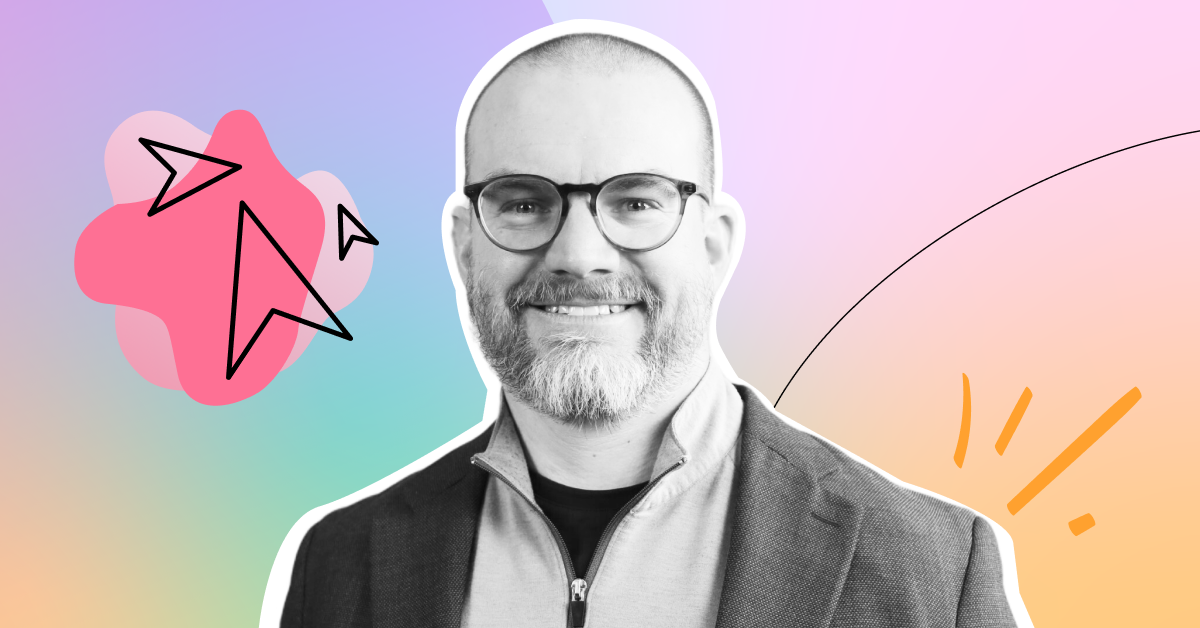Legendary NBA coach Phil Jackson once wrote, “Good teams become great ones when the members trust each other enough to surrender the ‘me’ for ‘we.’”
Product management is certainly a team sport, and great product managers (PMs) recognize the power of an ecosystem built around their product. Much like a basketball coach moving up through the ranks, a PM has a unique set of considerations and challenges as the ecosystem around their product matures.
Let’s keep the basketball analogy going as we explore how PMs can lead their companies to victory at different stages of growth.
Early stage success means focusing on fundamentals
A parent who volunteers to coach their child’s youth basketball team prioritizes dribbling, passing, shooting, and sportsmanship. (And any parent who volunteers for this task deserves an award, if you ask us.)
Similarly, a product manager at an early stage startup must relentlessly focus on the fundamentals: a deep understanding of their primary persona in pursuit of product-market fit. At this stage, it’s all about making mistakes, learning, and improving—and enjoying some juice boxes at halftime.
High-growth products need speed and agility
PMs for high-growth products start to face more unique challenges as an ecosystem begins to form—just like how a coach at the collegiate basketball level also takes on responsibilities like recruiting players, managing alumni, and working with other coaches in their conference.
Coaches at this level have moved from leading basketball teams to leading basketball programs.
Similarly, the high-growth PM needs to think beyond their starting lineup of internal stakeholders and end users. As robust as a product may be, it’s unlikely that it solves all of your customers’ problems.
At this stage, successful PMs address this challenge by thinking about key integrations to support customer workflows. Teaming up with another product by way of integration can deliver even more value to end users. PMs may also seek out a few select partnerships to help fuel their company’s growth—and might need to do this themselves in the absence of a formal partnerships team.
Going pro brings new personas to the mix
The importance of an aligned ecosystem of tools and people reaches its apex when a company evolves into an enterprise-scale, market-leading one. Just like an NBA coach must factor in professional-level considerations—think television contracts and the players’ union—a market-leading PM must also recognize the unique aspects of their role.
Your star player: the developer
PMs are no longer simply solving for their primary personas at this level. A new persona, the developer, is critical for the ecosystem’s success.
Providing a robust, easy-to-use API will allow developers to quickly create more value for your ecosystem. Tightly aligning with an internal developer relations team will also help support the developer persona.
Partnerships teams help your offense
The PM should also recognize that their roadmap must be coordinated with partners’ roadmaps and resources. More so than at any other level, this PM cannot control their own destiny because of the interdependencies of the ecosystem.
This is where a great coaching staff—the partnerships team—can draw up plays that allow the team to score. Partnerships can bring new opportunities and help create new monetization strategies for the ecosystem. This is arguably one of the most important relationships for an ecosystem PM.
Great teamwork, whether on the court or on the roadmap, propels teams to success. An ecosystem product manager must recognize the incredible value of building a thriving network of customers, partners, and technology.
At the same time, they must also develop a unique set of skills and perspectives to deliver value their customers and their organization.
While there are no slam dunks in product management, creating a thriving ecosystem will help PMs raise many championship banners.
Is your organization ready to move to the next phase of digital experience excellence? Download our complete guide to digital experience maturity.




